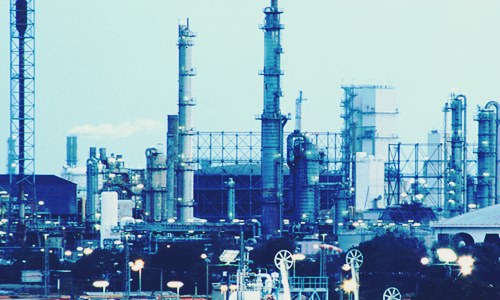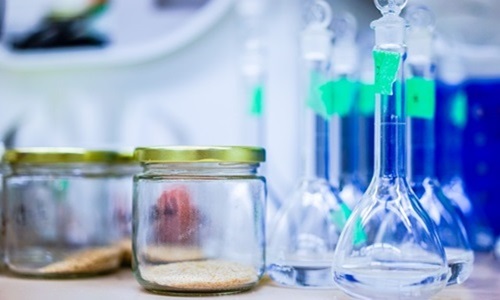
The Germany-based BASF, one of the largest chemical manufacturers in the world, has reportedly made plans to upsurge the production volume of 1,6-Hexanediol (HDO), at its Ludwigshafen Verbund facility, by more than half. According to trusted sources, post the inauguration in 2021, the chemical giant’s yearly nameplate production volume of HDO would be over 70,000 metric-tons per annum at its manufacturing facilities in Freeport, Texas and Ludwigshafen, Germany. For the uninitiated, 1,6-Hexanediol is a colorless crystalline solid that boils at 250 °C and melts at 42 °C. It is extensively used for industrial polyurethane and polyester production across the globe. Andrea Frenzel, President of BASF Intermediates Division, was quoted stating that the company has planned to increase its HDO manufacturing capacity to match up with fast-paced market demand for superior quality HDO formulations worldwide. Frenzel added that this expansion is aligned with the general trend of deploying environment-friendly and high-performance technologies in the packaging, automotive, and furniture industries. Frenzel further added that being a global leader in HDO production with decades of experience, the company boasts of efficient production processes and has been supplying HDO products to customers across the globe. Michael Britt, Senior VP of BASF Intermediates Europe, was quoted stating that with the investment BASF aims to provide its customers with more reliability and flexibility of supply than it did before. Britt added that the additional production from the Ludwigshafen facility will primarily serve European customers and will additionally target the rapidly growing Asian market. For the record, HDO adds value to the end-products in countless applications, by providing hydrolysis resistance, weatherability, flexibility, and adhesion. Backed by its outstanding performance compared to other materials, it is extensively used by BASF’s customers to create top quality industrial, wood, automotive, or leather coatings, adhesives, cosmetics, and polyurethane plastics, claim sources. According to industry experts, HDO can be used as a raw material for environment-friendly applications, as well as low for volatile organic compound production for adhesives and coatings.




